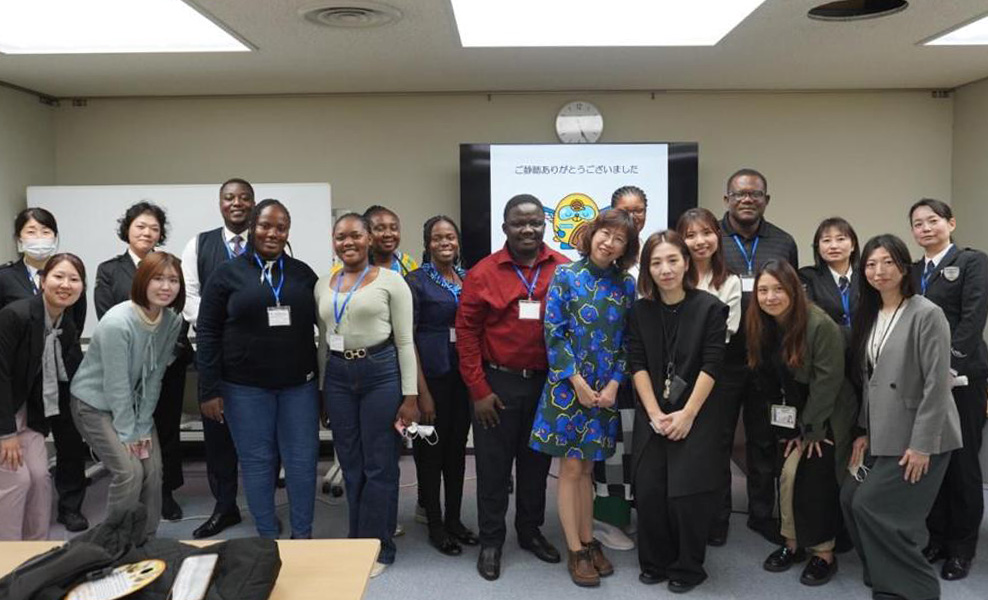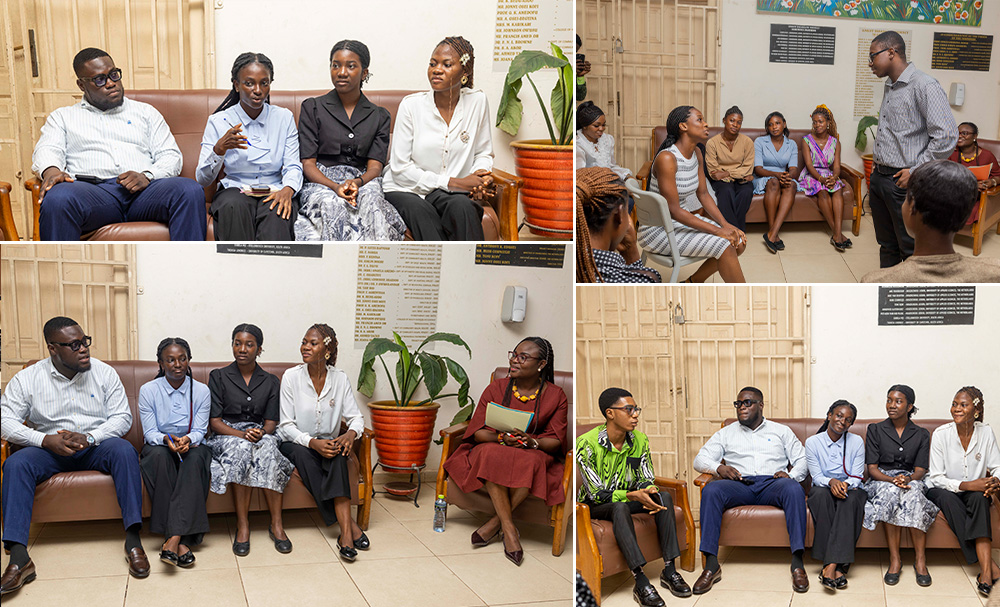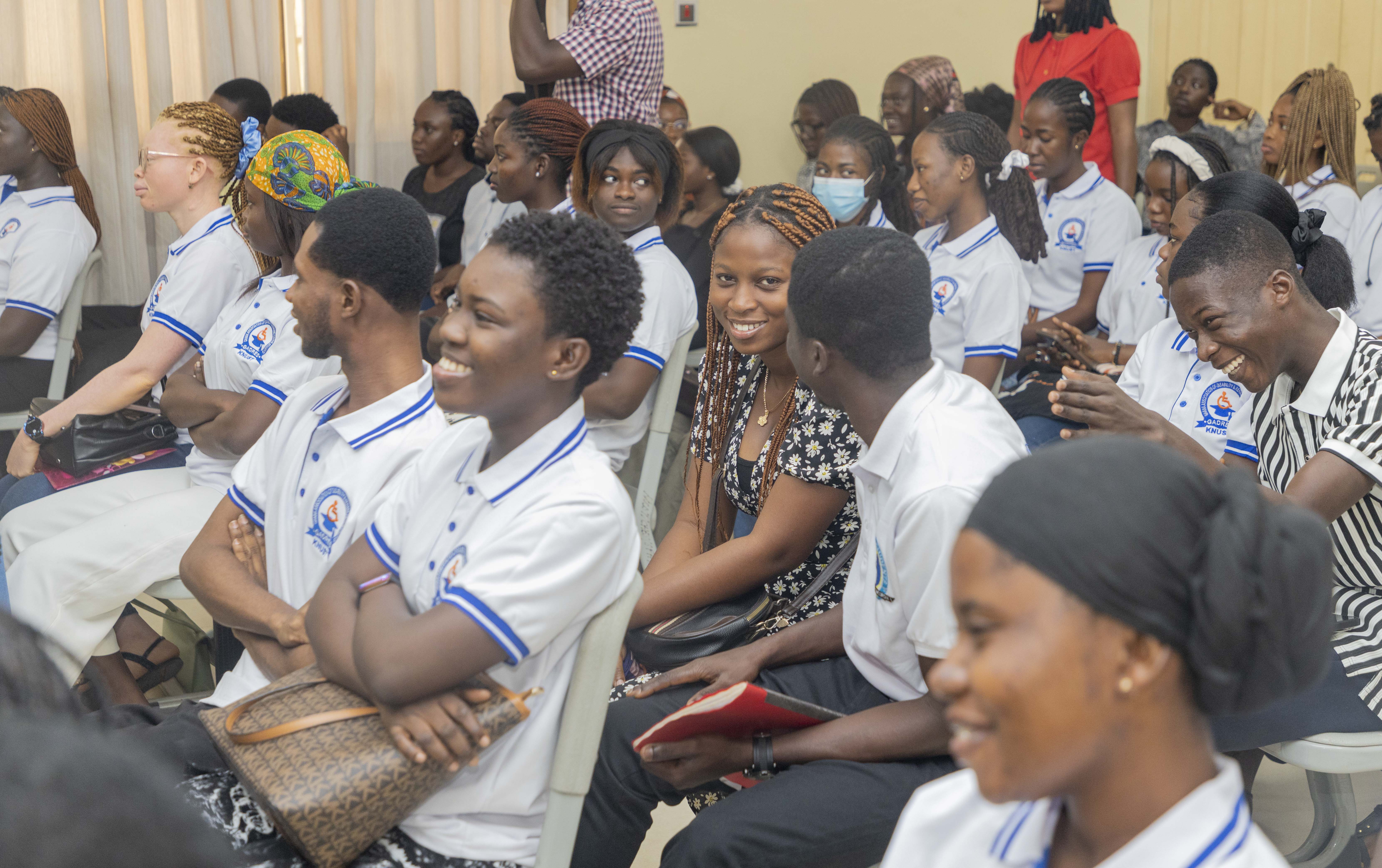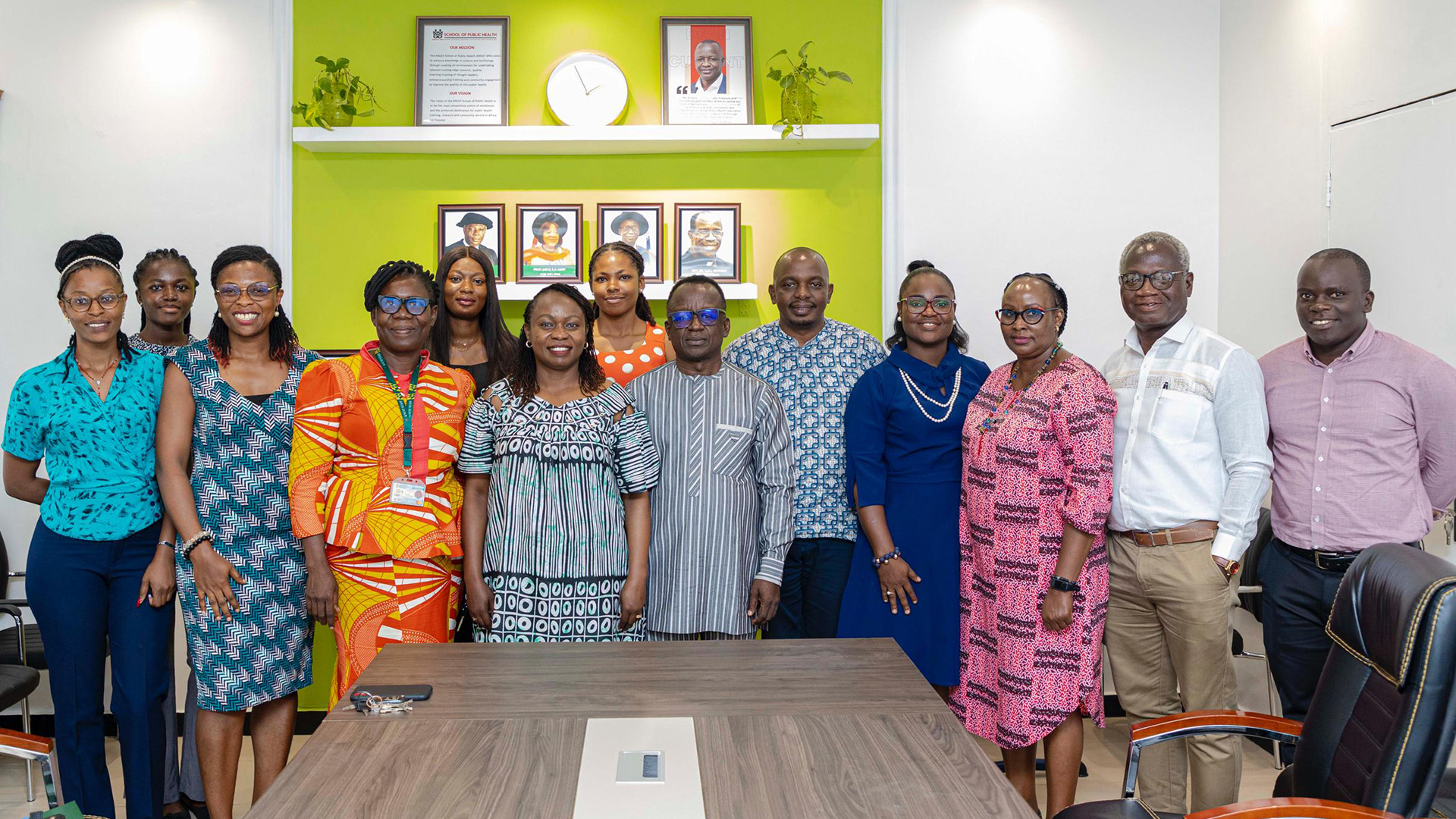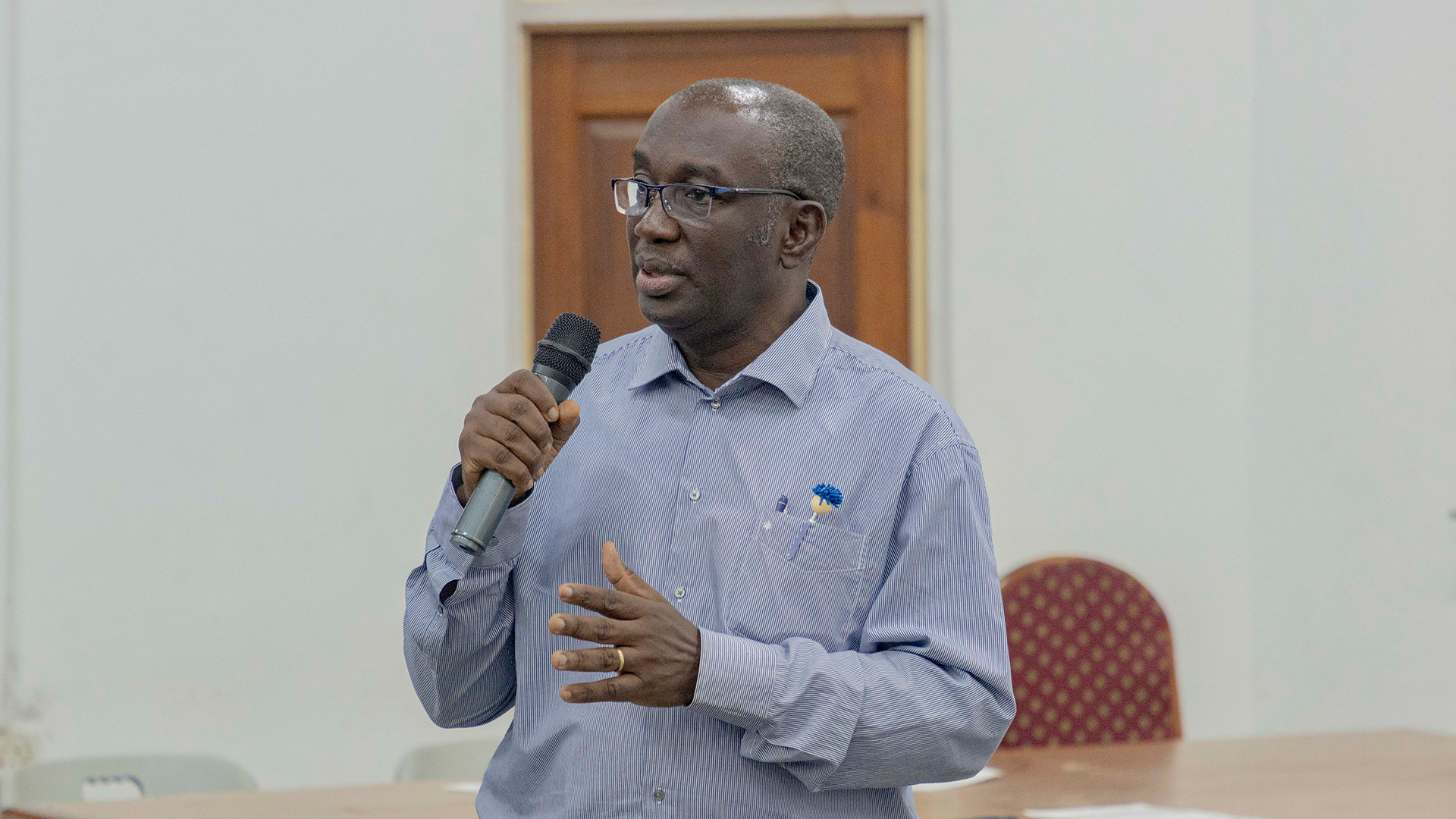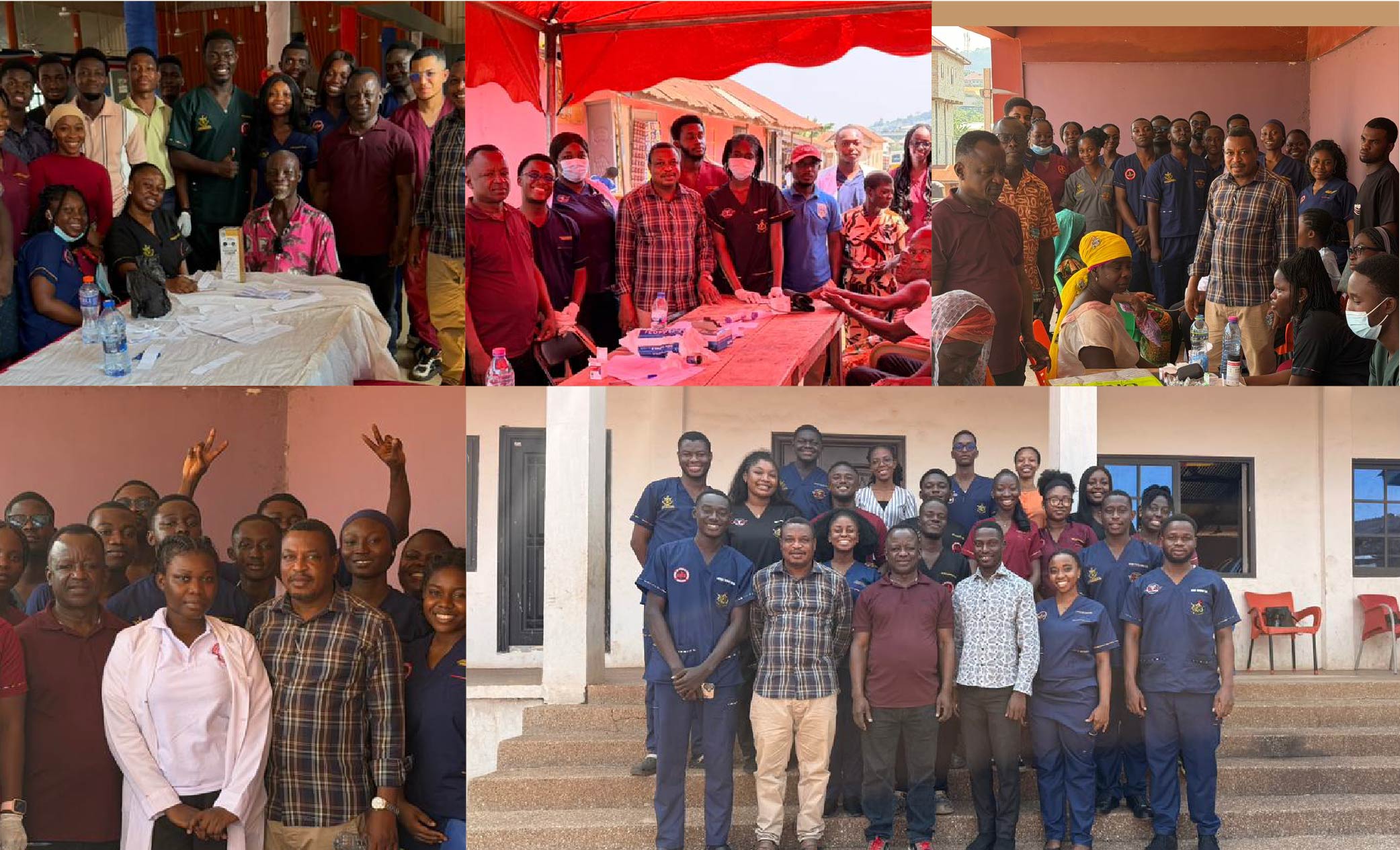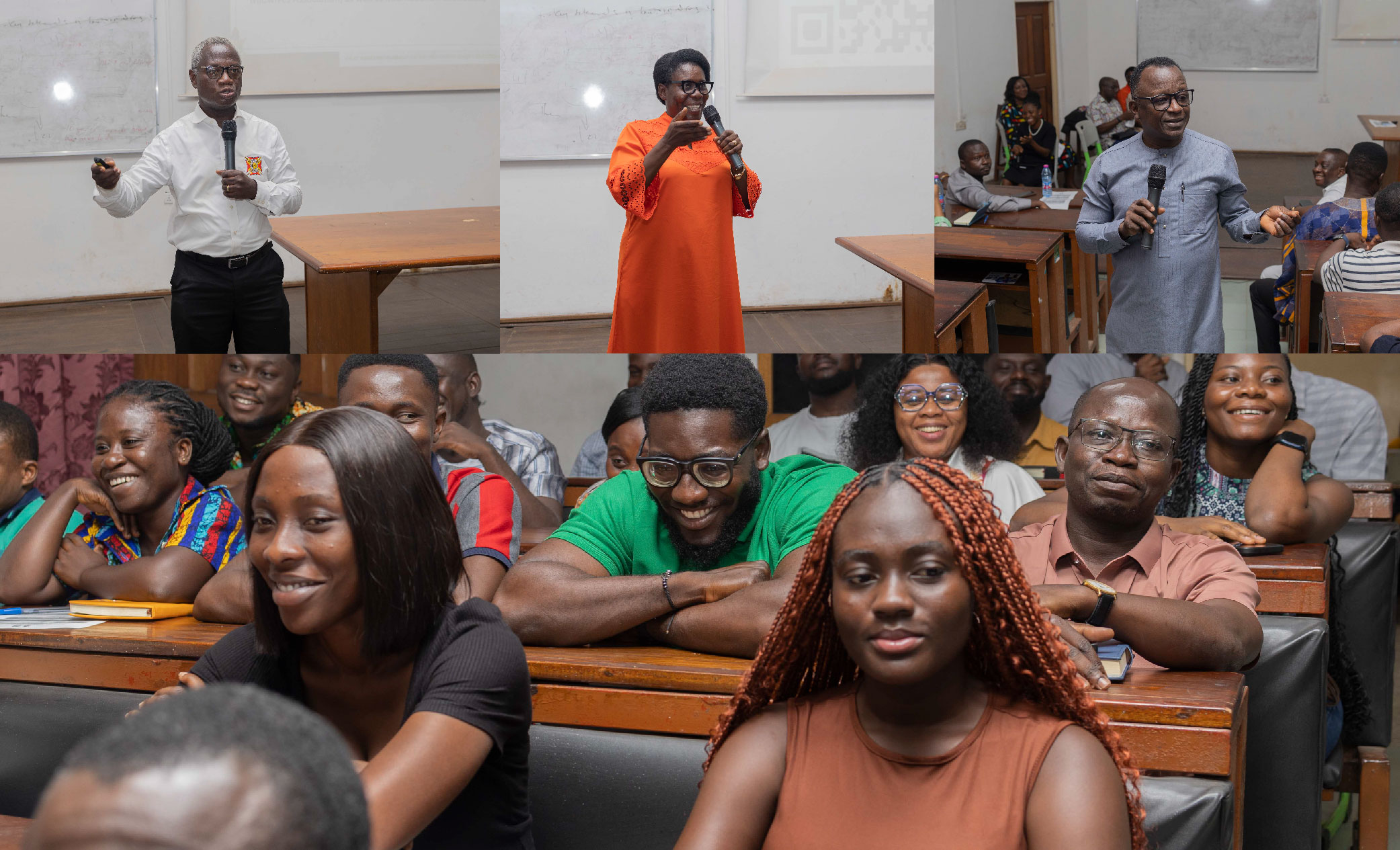The School of Public Health at the Kwame Nkrumah University of Science and Technology (KNUST), Kumasi, has organised a pre-conference workshop ahead of the 11th Biennial Scientific Conference of the College of Health Sciences.
The event served as a warm-up to the main conference, offering participants training in Leadership and Management and Cost-Effectiveness Analysis.
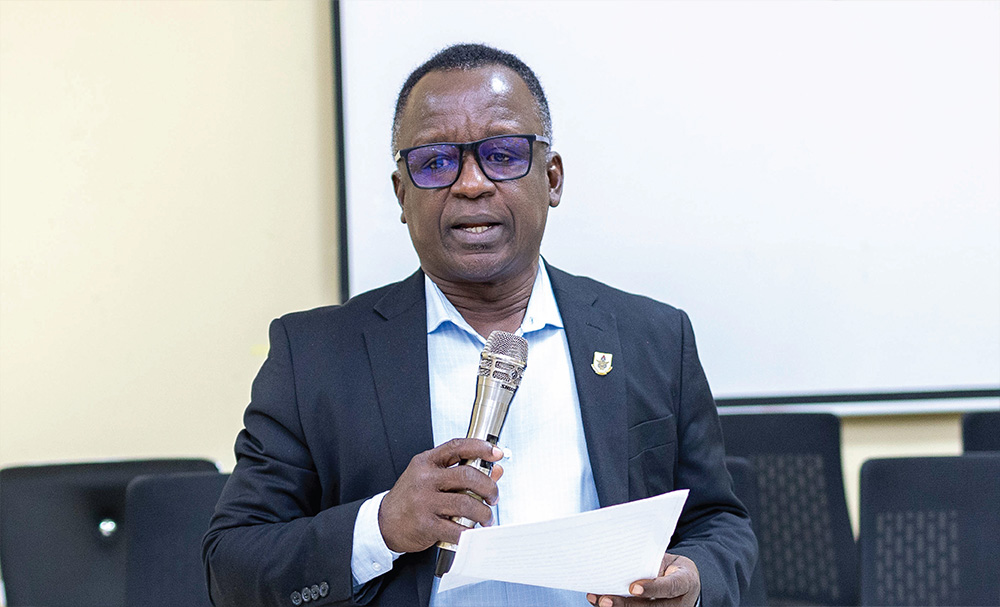
Dean of the School of Public Health, Prof. Peter Agyei-Baffour, said the workshop was necessary to prepare participants for the wider conference discussions.
He noted that the pre-conference will provide a valuable platform for participants to sharpen their skills and align their thinking on health system transformation.
“As we focus on cost-effectiveness analysis for decision-making, we are reminded that every cedi or dollar spent on health must be guided by evidence, impact, and equity, and as we explore Leadership and Management for Health System Transformation, we must ask not only for what works, but who will lead and sustain it,” he highlighted.
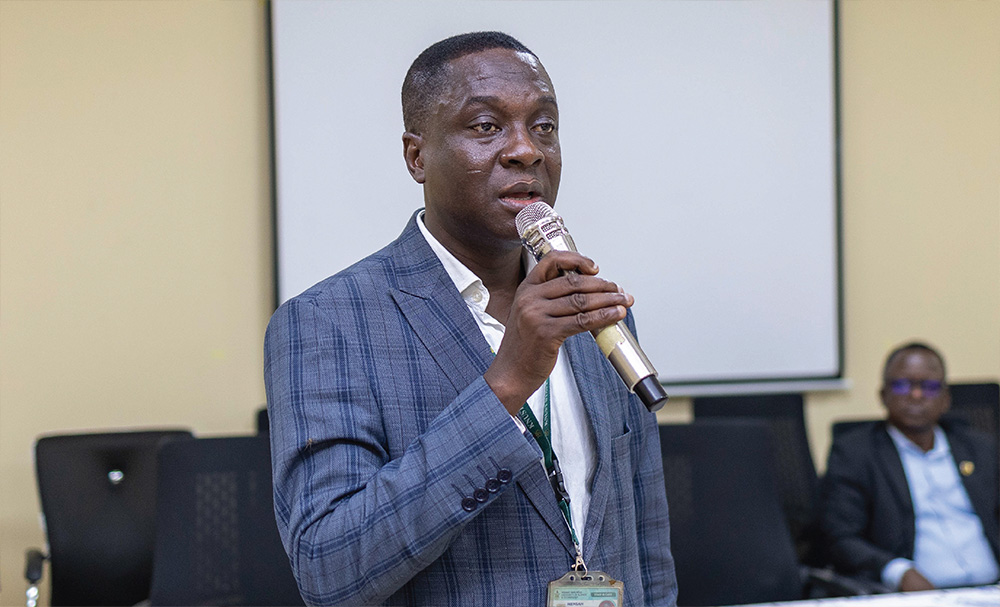
Head of the Department of Occupational and Environmental Health and Safety, Dr. Kofi Akohene Mensah, emphasised the collaborative nature of the workshop.
He pointed out that the session was designed to build collective capacity and foster an environment where participants could learn from one another.
“We’re on a journey together, and it’s all about sharing ideas. We’re here to build our capacity and acquire skills. We’re hopeful that with the skills, we can all grow together,” he expressed.
The Deputy Director of the Christian Health Association of Ghana (CHAG), Dr. James Duah, spoke on cost-effectiveness analysis. He explained that the aim was not to minimise expenditure at all costs, but to ensure resources were channelled effectively to deliver the highest possible impact.
“I hope that the pre-conference will clarify that cost-effectiveness is not about cutting corners and will also guide us toward ensuring our limited resources reach the most vulnerable with the greatest impact. To genuinely address cost-effectiveness, we need to move beyond viewing health merely as expenditure and counting costs and instead focus on understanding value. We must ask not just how much, but for what purpose and with what impact,” he said.
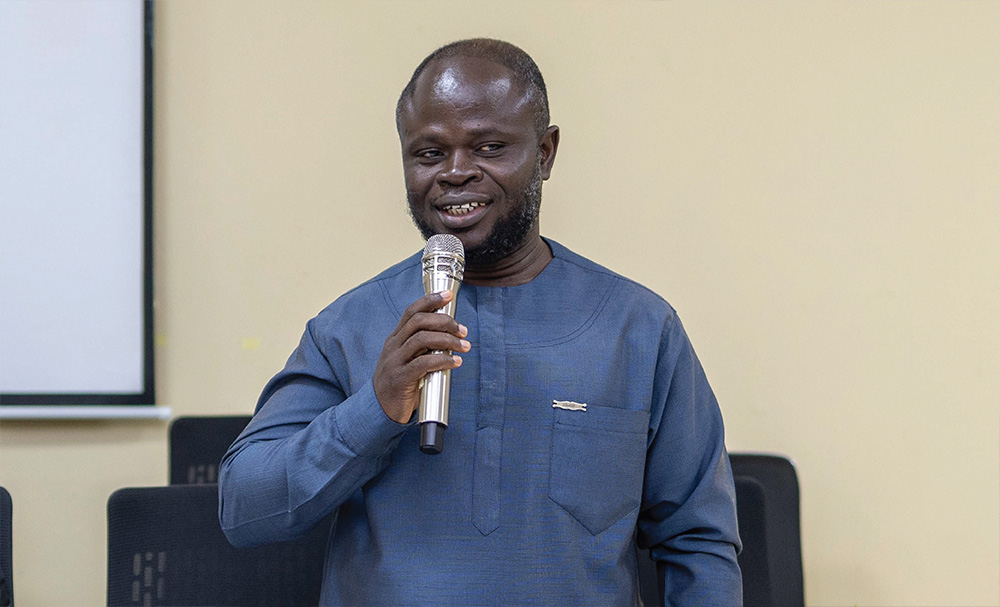
Vice Dean of the School of Public Health, Prof. Emmanuel Nakwa, encouraged participants to make practical use of the lessons gained. He said the School was confident that the skills acquired would guide participants to address challenges in the health system more effectively.
“As a school, we are hoping that we will all learn and sharpen our ideas. It is high time we think about what we can do with our limited resources,” he said.
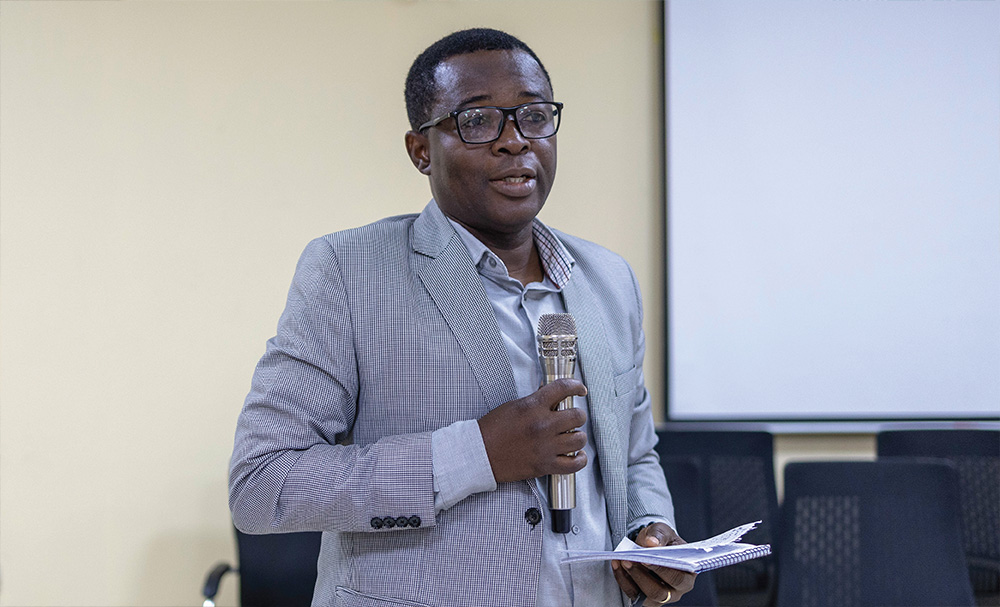
The Biennial Scientific Conference, initiated by KNUST’s College of Health Sciences in July 2007, will this year mark its 11th edition from September 10–12, 2025, under the theme “Bridging the Gap: Multidisciplinary Approaches to Strengthening Ghana’s Health System.”
The conference provides a platform for scholars, policymakers, practitioners, and other stakeholders to exchange ideas, debate pressing issues, and generate insights to shape future research and policy.



